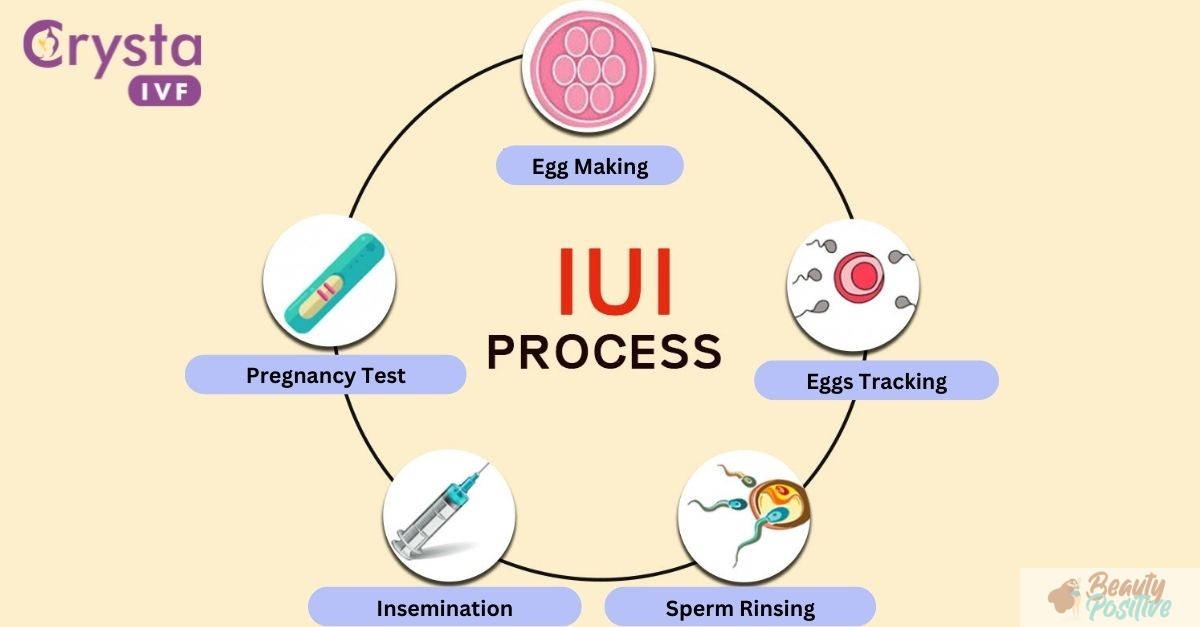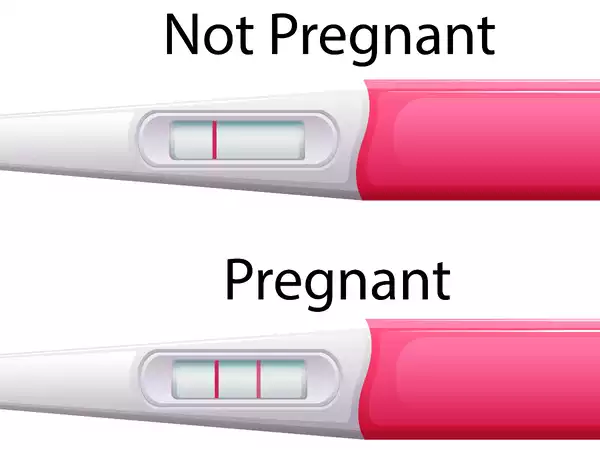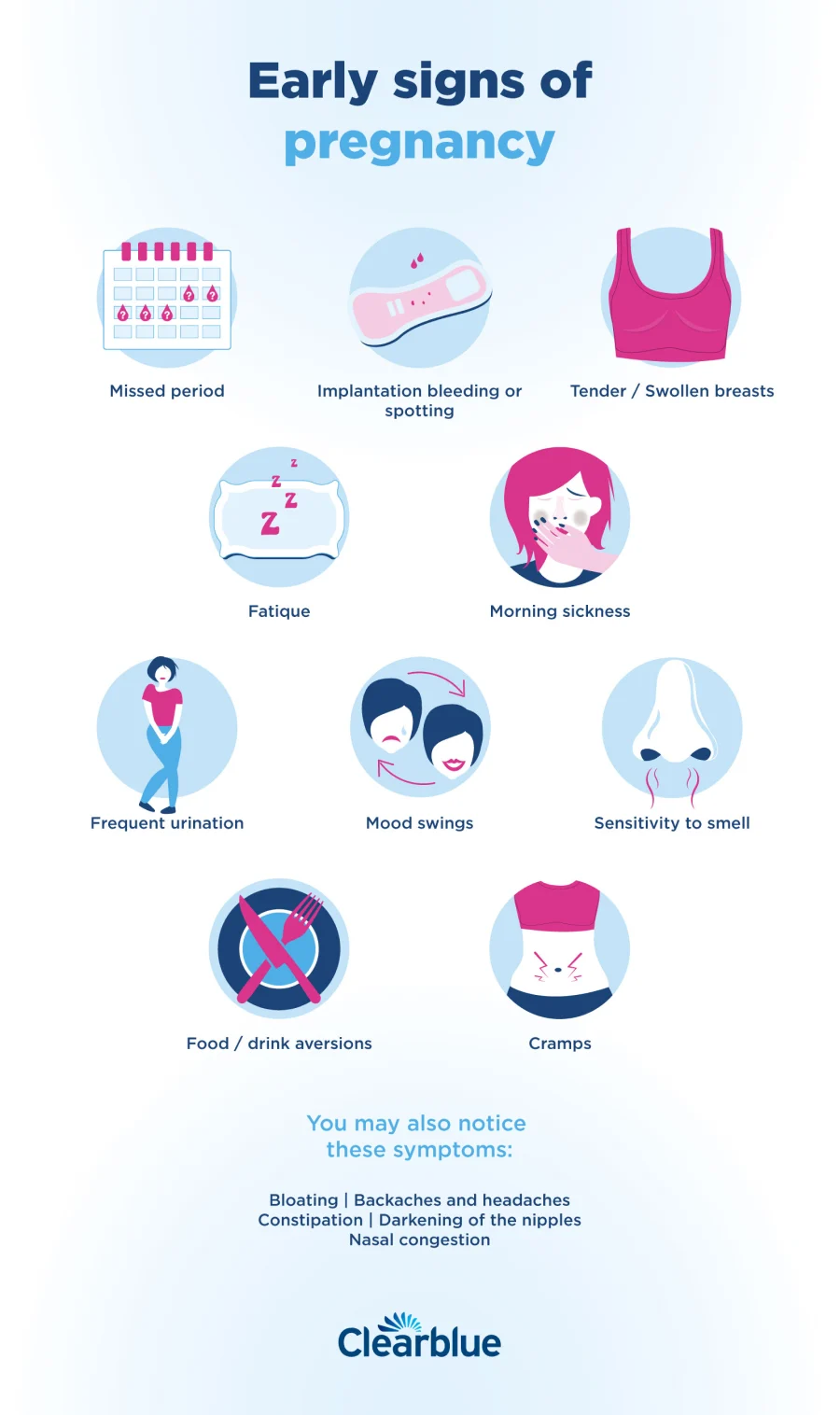Intrauterine insemination (IUI) is a common fertility treatment that involves placing sperm directly into the uterus.
Many couples who have had an IUI procedure may be concerned about the possible signs of pregnancy, and wonder if certain symptoms they are feeling could be linked to a successful fertilization.
In this article, we will discuss the potential symptoms of pregnancy after IUI treatment.
Symptoms of Pregnancy After IUI Treatment
Expected Timeline for Symptoms of Pregnancy

After undergoing IUI treatment, it’s natural for couples to be curious about the potential signs of pregnancy.
However, it’s important to note that not all women will experience the same symptoms, and some may not experience any symptoms at all.
In general, pregnancy symptoms can start to appear anywhere from a few days to a few weeks after IUI treatment.
The following timeline provides an overview of the potential symptoms and when they may occur:
Implantation Bleeding :
Some women may experience light spotting or cramping around a week after IUI, which could be a sign of implantation.
Fatigue :
As the body starts to produce more progesterone, which is needed to support a pregnancy, many women may feel more tired than usual in the first few weeks after IUI.
Breast Changes :
Hormonal changes can also cause breast tenderness, swelling, or sensitivity. These symptoms may start to appear as early as a week after IUI.
Nausea & Vomiting :
Morning sickness is a common pregnancy symptom that can occur as early as two weeks after IUI. However, not all women will experience this symptom.
Missed Period :
The most definitive sign of pregnancy is a missed period. If a woman’s period has not arrived within a week or two of the expected due date, she should take a pregnancy test.
It’s important to keep in mind that some women may experience false pregnancy symptoms after IUI, especially if they are hoping to conceive.
Therefore, the only way to confirm pregnancy is through a blood test or ultrasound.
In summary, the timeline for pregnancy symptoms after IUI can vary, but many women may start to experience changes within a week or two of the procedure.
It’s important to pay attention to the body and consult with a gynaecologist if any unusual symptoms appear.
How to Separate IUI Side Effects from Pregnancy Symptoms
It can be difficult to distinguish between the symptoms and side effects, but understanding the differences can help alleviate concerns and manage expectations.
Some common IUI side effects include abdominal bloating, cramping, and spotting or bleeding. These symptoms may be due to fertility medications or the IUI procedure itself.
It’s important to note that these side effects can mimic pregnancy symptoms, making it difficult to distinguish between the two.
Abdominal bloating is a common side effect of fertility medications used during IUI treatment.
These medications stimulate the ovaries, causing them to produce more eggs than they would in a normal cycle. This can result in abdominal discomfort, bloating, and even constipation.
Cramping is another common side effect of IUI treatment and is often due to the insertion of the catheter during the procedure.
Spotting or bleeding can occur after IUI, especially if the cervix was irritated during the procedure.
It’s important to note that pregnancy symptoms can also include abdominal bloating and cramping, which can cause confusion between the two.
While there is no sure way to differentiate between the two, it’s important to pay attention to the timing, severity, and duration of symptoms.
View this post on Instagram
Cramping and bloating due to IUI side effects typically occur immediately after the procedure and may only last for a few days.
On the other hand, pregnancy symptoms may occur a few weeks after IUI and can last for several weeks or even months.
It’s important to discuss any concerns or questions with a gynaecologist, who can provide guidance and support throughout the process.
When to Take a Pregnancy Test?

If a woman has undergone IUI treatment and is wondering if she is pregnant, it’s important to know when to take a pregnancy test.
The best time to take a pregnancy test after IUI is about two weeks after the insemination, as this is when pregnancy hormones start to show up in the urine.
It’s important to use a reliable and sensitive pregnancy test, such as a digital test or one that detects low levels of the pregnancy hormone hCG.
Some tests may be more sensitive than others and may provide more accurate results.
It’s also important to follow the instructions on the pregnancy test carefully, as different tests have different requirements for urine concentration and timing.
False negative results can occur if a pregnancy test is taken too early, so it’s important to wait the full two weeks before taking the test.
False positive results are rare but can occur if a woman has recently undergone fertility treatments or has certain medical conditions.
If the pregnancy test is positive, it’s important to schedule an appointment with your gynaecologist to confirm the pregnancy and begin prenatal care.
If the test is negative, it’s important to wait a few more days or a week before testing again, as pregnancy hormones may not have reached detectable levels yet.
Other symptoms of pregnancy

Women who have undergone IUI may experience certain symptoms of pregnancy, such as fatigue, breast changes, nausea, and missed periods.
However, these symptoms can also be due to IUI side effects, such as abdominal bloating or cramping.
The best time to take a pregnancy test after IUI is about two weeks after the insemination, as this is when pregnancy hormones start to show up in the urine.
If the test is positive, it’s important to schedule an appointment with a gynaecologist to confirm the pregnancy and begin prenatal care.
Overall, IUI is a successful fertility treatment for many couples & it’s important to discuss any concerns or questions with your doctor, who can provide guidance and support throughout the process.
